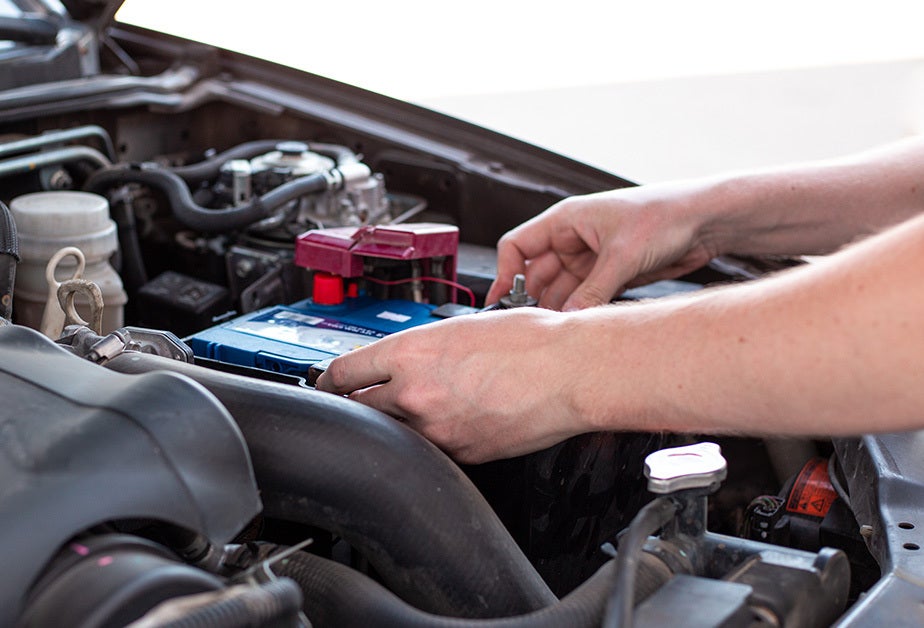Electric Vehicle (EV) batteries are not only powering vehicles, but contributing to the feasibility of a major global push to take fossil fuels off our roads. Although there are only 5 million EVs driving around, conservative estimates put that number at 250 million by 2030. That’s a lot of clean driving — and a lot of batteries.
Read more about the Assent Platform to find out how we help companies manufacture sustainable products and influence positive supplier behaviour.
Poor Sustainability Standards in EV Supply Chains
The difficulty is that some supply chains feeding EV production may not align with the vision of sustainability that modern consumers and forward-thinking automobile manufacturers have an eye for. As an example of the damage that can result, a lawsuit was recently filed on the behalf of victims in the Democratic Republic of the Congo (DRC) when forced labor was discovered in cobalt mines supplying some of the world’s largest electronics retailers such as Apple and Google.
Although electronics companies have no mandatory cobalt reporting obligations, media reports will continue to severely damage the brand of named companies, even if the groundbreaking lawsuit filed by right of extraterritorial jurisdiction granted by the Trafficking Victims Protection Act (TVPA) does not stick.
Automobile companies are certainly watching to see how that plays out, because there are two high-risk prisms for them to view that news story through:
- Cobalt is an essential material used in EV batteries, including new battery technologies, and a significant quantity of the world’s supply is in the DRC.
- Apple and Google’s products aren’t necessarily associated with sustainability. Consumer backlash can only compound if those violations are associated with products marketed as sustainable — such as EVs.
Furthermore, many EV batteries are manufactured in China, a country rife with high-emission manufacturing operations and labor violations, which cast doubt on their sustainability.
The general consensus is that sustainable supply chains must be a foundational tenet of operations for EV batteries to have a meaningful impact on the automobile industry, and that standard should be applied to the EV’s entire part hierarchy — not just the battery.
Although EV manufacturers do evaluate their supply chains, there are challenges in monitoring them and setting sourcing expectations effectively. Making due diligence a priority will help them not only produce clean vehicles, but manufacture them cleanly as well.
Assent’s Extended Minerals — Cobalt + Mica Solution helps companies evaluate the origin of cobalt in their supply chain.
Supply Chain Data & Sustainable EVs
Effective supply chain data management can help automobile companies transition EVs toward a state of true transparency. The Assent Compliance Platform leverages streamlined data standards to acquire and evaluate data on supplier details such as their internal control mechanisms. This helps companies aggregate the supplier landscape by risk level, and build targeted action plans for cooperative vendors, influencing sustainability standards throughout. These data types include, but are not limited to the:
- Conflict Minerals Reporting Template (CMRT).
- Slavery & Trafficking Risk Template (STRT).
- Cobalt Reporting Template (CRT).
- Global Reporting Initiative (GRI) Standards.
Acquiring this data can influence evidence-based decisions about where to source materials, and help you evaluate suppliers against expectations established by federal agencies such as U.S. Department of Justice ethics policies.
Using a technology platform that automates data exchange to administer these surveys to supplier networks will help companies build programs that mitigate risk effectively, influence positive supplier behaviour and contribute to the lifespan and profitability of EVs as they become a favored mode of transportation. This will allow automobile manufacturers to allocate more resources toward core business operations.
For more information about how the Assent Compliance Platform can enhance operations for automobile companies as they drive toward a more sustainable future, contact our experts.









